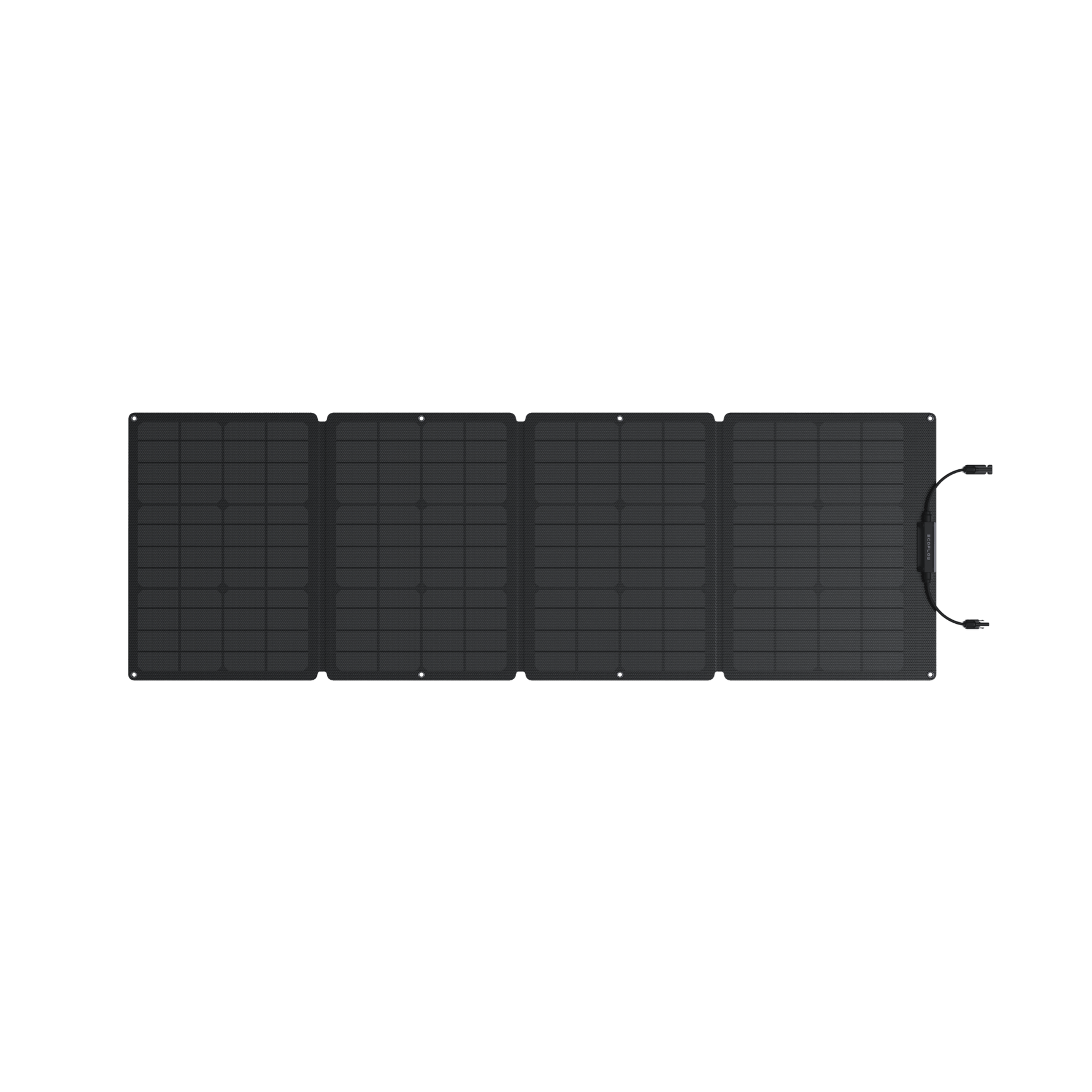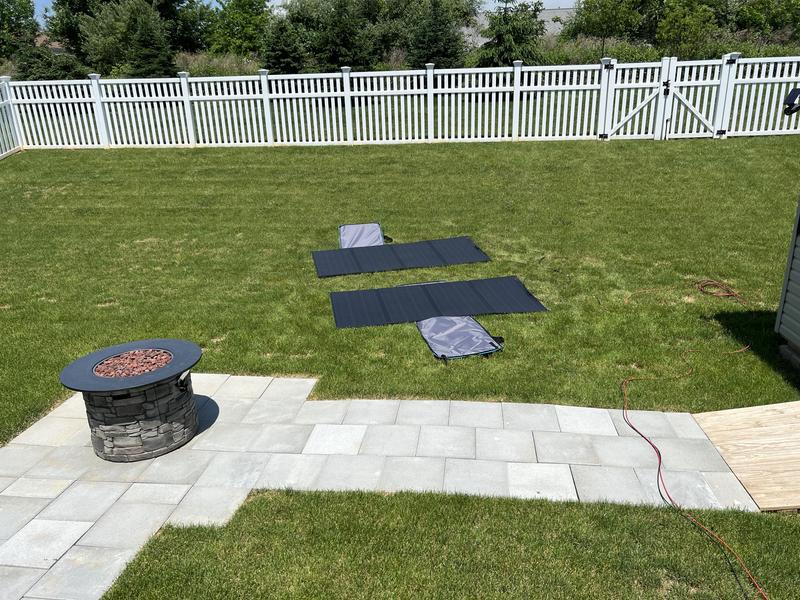Do Solar Panels Pose a Fire Hazard
If you’re thinking about installing solar panels, one of your first questions is likely about safety. Specifically, you want to know if they can cause a fire. It’s a valid concern, and you may have heard conflicting stories. The straightforward answer is that while any electrical system has some fire risk, the chance of a fire from a professionally installed solar array is extremely low. This guide will walk you through the actual risks, the safety measures built into modern systems, and what you can do to ensure your installation is safe.
How Common Are Solar Panel Fires?
Before getting into the causes, it helps to look at the statistics. Major research organizations in Germany, like the Fraunhofer Institute and TÜV Rheinland, have studied this topic extensively. Their findings consistently show that fires related to solar systems are very rare, occurring in less than 1 out of every 10,000 installations.
This data highlights an important fact: the solar panels themselves are almost never the problem. A panel spontaneously catching fire is practically unheard of. When fires do happen, the cause is usually a fault in the system’s wiring, connectors, or other electrical components. This means the quality of the installation is the most critical factor for safety.
Where the Fire Risk Actually Comes From
When a solar system does pose a fire hazard, the problem can almost always be traced back to one of three areas: the installation work, a faulty component, or an external event.
Installation Errors
Improper installation is the number one cause of solar-related fires. A solar array is a high-voltage electrical system, and even small mistakes can lead to serious issues later on.
- Faulty Connectors: The plugs that link panels together must be perfectly attached. If a connector is loose or poorly crimped, it can create a tiny electrical spark called an arc. This arc generates intense heat that can easily start a fire.
- Damaged Wires: During installation, it’s possible for wire insulation to get nicked, stretched, or pinched under the racking system. This damage can expose the live wire, leading to a short circuit.
- Poor Wire Management: Wires that are left to rub against sharp metal edges of the mounting racks will wear down over time. Eventually, the conductor can become exposed, creating a significant fire hazard.


Component Failure
While less common than installation mistakes, a hardware malfunction can also cause a fire. The inverter, which converts the DC power from the panels to the AC power your home uses, is a complex piece of electronics. A manufacturing defect or improper ventilation can cause it to overheat. In some older or lower-quality systems, the DC disconnect switches have also been known to fail and overheat. Even the small junction box on the back of each panel can be a point of failure if its seal is broken, allowing water to get inside and cause a short.
External Factors
Sometimes the threat comes from outside the system. Rodents, like squirrels, are known to chew on the insulation of electrical wires, which can expose the conductor and cause a short circuit. A nearby lightning strike can also send a massive power surge through the system, overwhelming protective devices and damaging components like the inverter. Finally, pre-existing problems with your roof, such as a leak, can allow water to seep into the electrical components, leading to corrosion and failures.
Are the Solar Panels Themselves Flammable?
No, solar panels themselves are not flammable. The materials used to build them—primarily glass, aluminum, and silicon—are not highly combustible. Panels are designed to be highly durable and withstand decades of exposure to the elements.
In the U.S., solar panels must pass safety tests, such as UL 1703, to receive a fire classification rating. This rating does not measure how likely a panel is to start a fire. Instead, it evaluates how well a panel resists an external fire and prevents it from spreading. The panel is treated as a building material on your roof, and its rating indicates how it will behave if your house is already on fire from a different source.


How Modern Solar Systems Are Kept Safe
The solar industry and electrical code regulators have worked together to create multiple layers of safety. This focus on prevention is why modern solar systems have such a strong safety record.
Electrical Codes and Safety Technology
All solar installations in the U.S. must follow the National Electrical Code (NEC). Article 690 of the code provides very specific rules for everything from how to wire a system to what kind of safety devices are required.
One of the most important of these requirements is Rapid Shutdown. A major challenge for firefighters is that solar panels produce high-voltage DC power whenever they are exposed to light, even if the power to the house is cut. Rapid shutdown systems solve this problem. With the flip of a switch, first responders can quickly reduce the voltage in the rooftop wiring to a safe level, allowing them to work on the roof without the risk of electric shock.
Modern inverters are also required to have Arc-Fault Circuit Interrupter (AFCI) protection. This technology monitors the system for the specific electrical signature of a dangerous arc—the kind of spark that can happen with a loose connection, as mentioned earlier. If an arc is detected, the AFCI immediately shuts the system down before it can generate enough heat to start a fire.
How to Ensure a Safe Installation
Since installation quality is the most critical safety factor, the most important step you can take is to hire a qualified and reputable installer. Look for professionals with certifications from the North American Board of Certified Energy Practitioners (NABCEP), as this shows they have a high level of training in safety and code compliance. A good installer will use quality components from trusted manufacturers and ensure that all parts are UL-listed for safety. Finally, it’s a good idea to have your system inspected periodically to check for any signs of damage or wear.
Prioritize a Professional Installation
The risk of fire from a properly installed solar energy system is exceptionally low, even lower than that of some everyday household appliances. The technology is inherently safe, but its ultimate safety is determined by the quality of the components and the skill of the installation team. By hiring a qualified professional who follows the code and uses certified equipment, you can be confident that your solar system will be a safe and reliable source of power for your home.
FAQs About Solar Panel Fires
Q1: How likely is a fire from a solar panel system?
A: The risk is extremely low. Major studies have found that fires related to solar systems are very rare, happening in less than 1 out of every 10,000 installations. When a system is installed by a professional, the chance of a fire is exceptionally small.
Q2: What is the most common cause of solar-related fires?
A: Improper installation is the number one cause. Most issues trace back to simple mistakes like loose connectors, damaged wires, or poor wire management during the installation process. These errors can create dangerous electrical sparks or short circuits, which can generate enough heat to start a fire. The panels themselves are almost never the source.
Q3: Are the solar panels themselves flammable?
A: No, the panels are not considered flammable. They are built from materials like glass, aluminum, and silicon that do not burn easily. A panel’s fire rating doesn’t measure its risk of starting a fire, but rather its ability to resist and prevent the spread of an external fire, such as a house fire.
Q4: What safety features are built into modern solar systems to prevent fires?
A: Modern systems have legally required safety features. The most important are Rapid Shutdown, which lets firefighters quickly reduce the voltage on the roof to a safe level, and Arc-Fault Circuit Interrupters (AFCI), a technology that detects dangerous electrical sparks and automatically shuts the system down before a fire can start.
Q5: What is the best way to ensure my solar installation is safe?
A: The most important action you can take is to hire a qualified and reputable professional installer. Look for installers with certifications (like NABCEP) who use high-quality, safety-certified components (UL-listed). Proper installation is the single most critical factor for ensuring the long-term safety of your system.
For press requests or interview opportunities, reach out to our media team
media.na@ecoflow.com